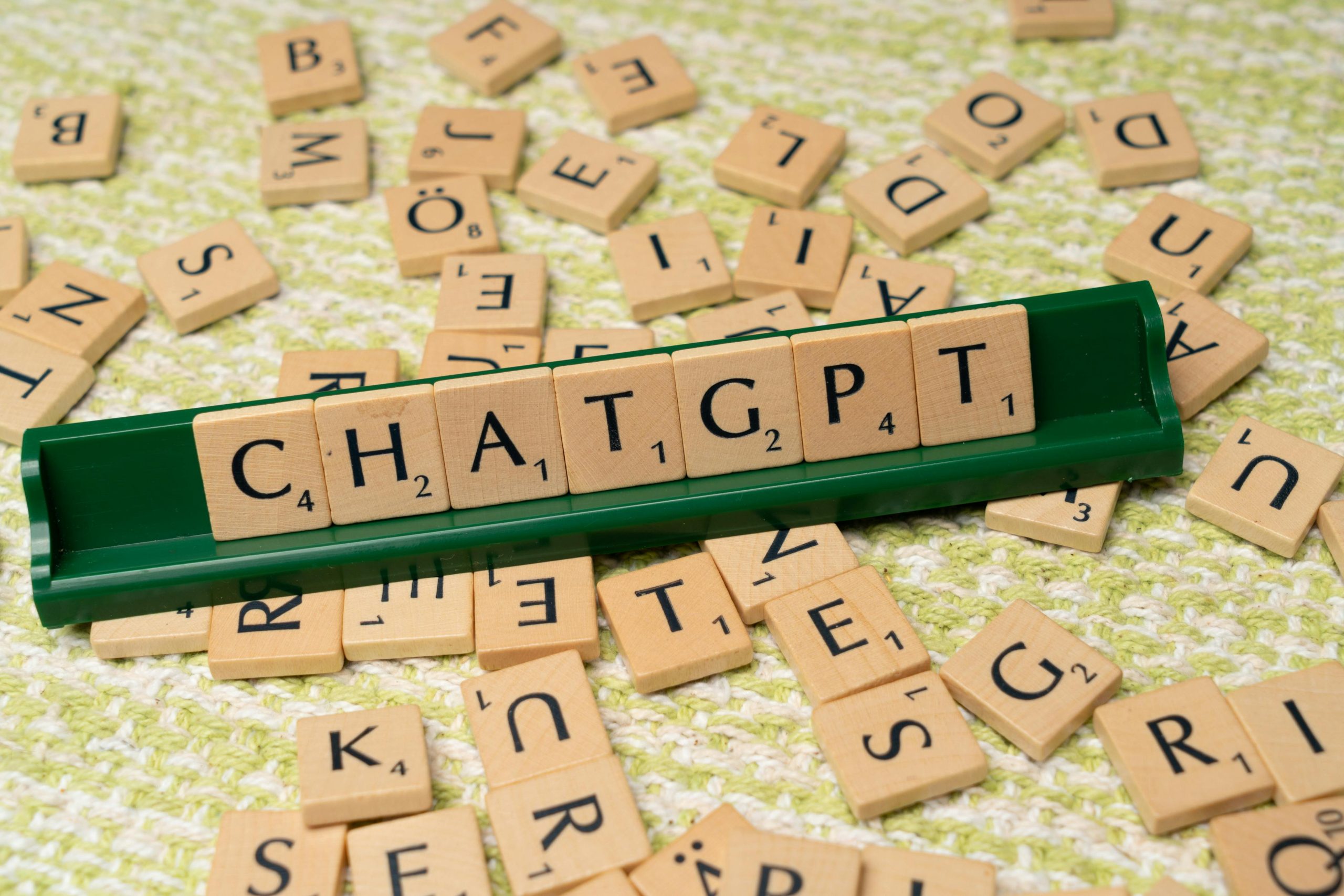How ChatGPT helped me quit weed and understand the roots of my addiction
How Artificial Intelligence Helped Me Overcome a 17-Year Weed Habit and Uncover Its Root Causes
Breaking free from long-standing habits can be challenging, especially when those habits are deeply intertwined with our emotional and mental well-being. While many turn to traditional methods or support groups, my journey took an unconventional turn thanks to an innovative tool: ChatGPT. I want to share how AI became my personal support system, aiding me in quitting marijuana after 17 years and helping me understand the underlying reasons for my dependence.
A Personal Struggle with Long-Term Dependence
For over half my life, I had been a daily marijuana user—often multiple times a day. My usage was frequently combined with alcohol, creating a cycle I believed was impossible to break. Repeated attempts to quit resulted in intense withdrawal symptoms: chest pressure, insomnia, vivid and unsettling dreams, boredom, and a pervasive sense of emptiness. These challenges left me feeling hopeless, convinced that lasting change was out of reach.
Turning to AI for Support
This time, I decided to approach the challenge differently. Instead of relying solely on human support or willpower, I turned to ChatGPT as my virtual support companion. Whenever cravings hit or I felt overwhelmed by anxiety or emptiness, I reached out to the AI.
What struck me was the depth of these conversations. It wasn’t just basic encouragement; ChatGPT provided real-time explanations and emotional insights that fostered understanding and resilience.
How ChatGPT Supported My Journey
-
Clarifying Withdrawal Symptoms: During difficult moments, I could ask ChatGPT about what I was experiencing, which helped me realize that my sensations—like chest tightness or restlessness—were normal parts of withdrawal. This understanding prevented me from panicking and kept me calm.
-
Normalizing the Process: The AI explained typical stages and reactions during recovery, making me feel less isolated and more confident that I was progressing as expected.
-
Reframing Cravings: Instead of viewing cravings as a personal failure or an uncontrollable urge, ChatGPT helped me perceive them as “old programming”—patterns that could be rewired, not indicative of my true self.
-
Exploring Underlying Roots: Perhaps most crucially, our conversations allowed me to examine the deeper reasons behind my dependence. I recognized that, since my teens, I had been using marijuana to numb feelings related to growing up in a strict environment, feelings of insecurity, loneliness, and creative frustration. This insight was













Post Comment